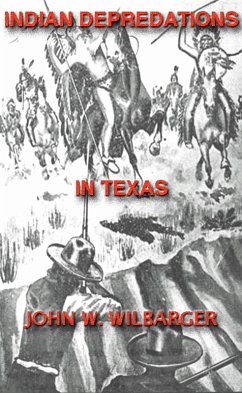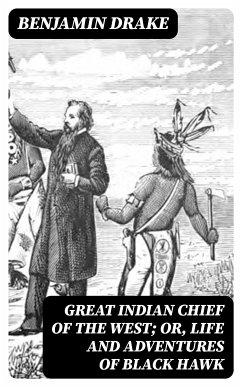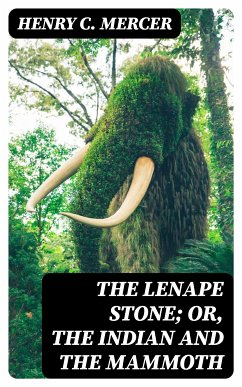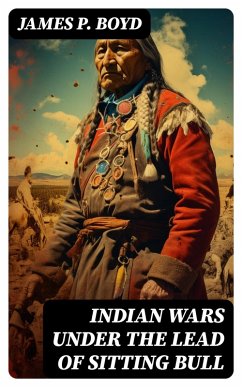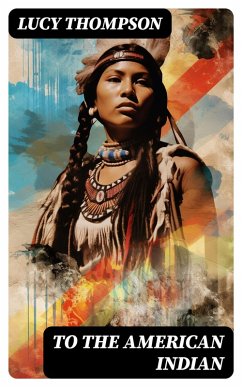
Indian Depredations in Texas (eBook, ePUB)
Reliable Accounts of Battles, Wars & Adventures

PAYBACK Punkte
0 °P sammeln!
In "Indian Depredations in Texas," John Wesley Wilbarger crafts a meticulous historical narrative that chronicles the tumultuous encounters between Native American tribes and early Texan settlers during the 19th century. Employing a detailed documentary style, Wilbarger incorporates firsthand accounts, personal experiences, and a rich array of primary sources to provide readers with an immersive exploration of this often-overlooked aspect of American history. The book situates itself within the wider context of Texas folklore and frontier mythology, offering insights into the socio-political d...
In "Indian Depredations in Texas," John Wesley Wilbarger crafts a meticulous historical narrative that chronicles the tumultuous encounters between Native American tribes and early Texan settlers during the 19th century. Employing a detailed documentary style, Wilbarger incorporates firsthand accounts, personal experiences, and a rich array of primary sources to provide readers with an immersive exploration of this often-overlooked aspect of American history. The book situates itself within the wider context of Texas folklore and frontier mythology, offering insights into the socio-political dynamics that marked this era of conflict and adaptation. John Wesley Wilbarger, a Texas pioneer himself, was intimately familiar with the hardships and complexities of settlement on the frontier. His experiences as a participant in many of the events he recounts lend an authentic depth to his narrative, while his role as a community historian propelled him to document these violent encounters. Wilbarger's passion for preserving and understanding this intricate history stems from his recognition of its lasting impact on both indigenous populations and settlers. This pivotal work is highly recommended for anyone interested in the intricate tapestry of Texan history, Native American studies, or the broader narrative of American westward expansion. Wilbarger's careful analysis and engaging storytelling provide valuable perspectives for both scholars and general readers seeking a deeper understanding of the conflicts that shaped Texas.
Dieser Download kann aus rechtlichen Gründen nur mit Rechnungsadresse in A, B, BG, CY, CZ, D, DK, EW, E, FIN, F, GR, H, IRL, I, LT, L, LR, M, NL, PL, P, R, S, SLO, SK ausgeliefert werden.




